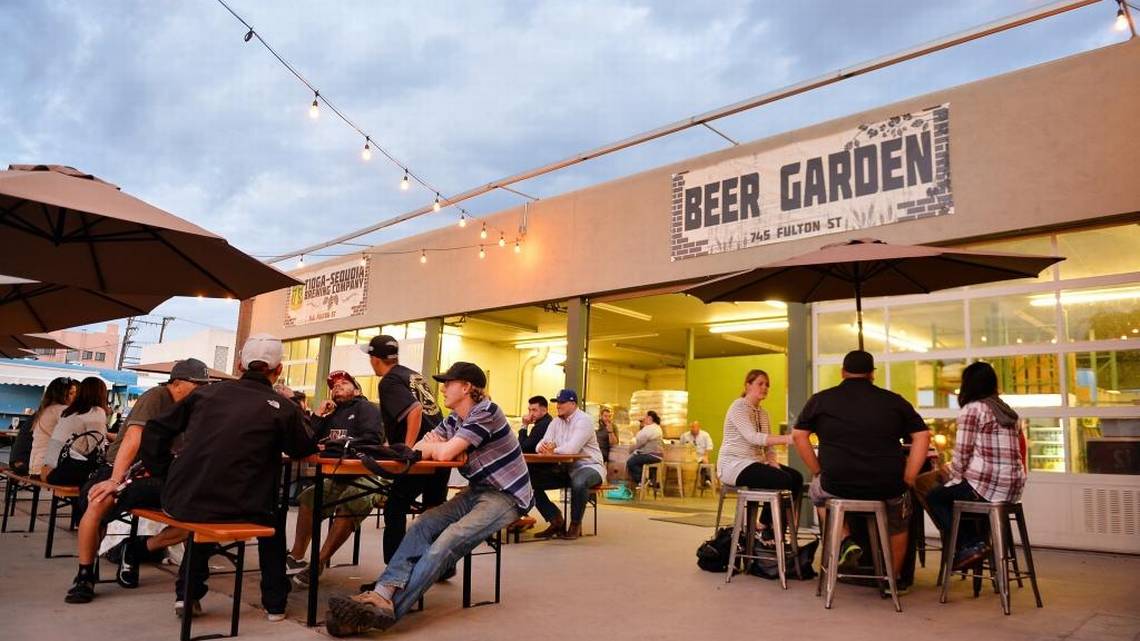When activism turns ugly: Fire trucks still spraying water at lunchtime on Tuesday, Aug. 9, more than 12 hours after fires on London Road were set. Image: George Rex
Widespread panic in the UK, buildings and cars set aflame, destruction of both public and private property, and the looting and vandalism of local businesses – what does any of this have to do with justice?
How do these acts protest the untimely death of Mark Duggan? How do they spread the message of people who are protesting against unnecessary violence?
The truth is they don’t represent demands for justice or support calls to end the violence. They don’t help preserve the memory of Mark Duggan, 29-year-old father of three, whose death served as the catalyst for the riots that began in Tottenham, London and spread to many other sites. The looting and rioting does not demonstrate activism from people in their attempt to protest unjust actions, but serves as an example of the deterioration of proper advocacy in our society.
History books are filled with the struggles and endeavors of those who fought for equality and justice in the past; those who worked to create a better place not simply out of self-interest, but also for the many people who could not fight for themselves.
I often talk with people who were alive during the 60’s and 70’s. They are witnesses to a deterioration of advocacy and community involvement from what it had been decades ago. The 60’s and 70’s are known as the decades of social unrest because of the large amount of progress made in the pursuit of fair treatment, equality, and other social justices. These time periods provide us with great examples of active and non-violent protests that serve as standards of how such work should be carried out.
Martin Luther King Jr.’s bus boycotts and marches are a far cry from the apathy we see today in America. Sadly, when we do see unrest it seems to break out in violence and disorder, as shown in the recent London riots. The participants of the London riots seem to be motivated by another force, not necessarily a desire to protest unfair treatment and to demand justice for Mark Duggan. The mindless violence and looting displays a decline in true activism and awareness from what we hear about from our elders.
A group that seems to be particularly affected by this wave of apathy is today’s youth. As a 16-year-old high school student, I understand today’s youth better than most people. Among all of my peers there is a shortage of individuals who understand local and world events that affect them. Instead of resorting to violence and rioting, I would like to see youth engage their peers in bettering their community through productive means. A good example of productive youth activism can be found in Fresno, CA. Groups like the Youth Leadership Institute and Californians for Justice empower youth to raise awareness about school dropout rates and find ways to keep kids in school. Seeing some of my peers raise their voices in productive ways is a positive contrast to the unrest in the UK.
Mr. Johnson, an educator at my high school, has noticed this growing apathy among students. As a youth of the mid-sixties, Mr. Johnson recalls the issues of the time and his reaction towards the situations he encountered. “I was like eleven or twelve when that was going on, but I often spoke of it in class.” Unlike Mr. Jonson, today’s youth don’t seem to be concerned with such things. Of course, not all youth are like this. I remain hopeful that this is something that will change as they age and mature.
[box_light]Listen to an interview with Mr. Johnson:[/box_light] [pullquote_right]We can no longer delegate action to non-existent heroes. We must learn to be our own activists and advocates.”[/pullquote_right]
Another cause of apathy may be that we simply are not aware of what is going on around us. We don’t take the time to research the things that are affecting us and our community. We absorb the information we receive from the media at face value without critical questioning. When we do realize the need for change, we are often slow to act because we believe that type of work is for someone else. We don’t realize the important role that an ordinary person can play or how crucial it is to have those who are directly affected by their environment to speak out against injustice. We can no longer delegate action to non-existent heroes. We must learn to be our own activists and advocates.
Despite these concerns, some people are working to improve their community and advocate for causes that they believe in. These people work hard and deserve to be acknowledged for all the contributions that they have made. Apathy and lack of concern is a symptom of the population as a whole, but many individuals dedicate their time to this type of work. However, the work is often left up to a few who truly care, but don’t have the power of the masses behind their efforts. It is through widespread community support that meaningful change and progress can be made.
We must reject apathy, but resist violence, vandalism and looting in our activism. The riots in London serve as an example of what happens when the purpose of those who truly care is used to justify the needless, senseless, opportunistic violence of criminals. If we desire change it should come about through the united efforts of our community. It is time for us to realize that history books will be written about ordinary people, people who understood that they are the reformers and activists of tomorrow.


